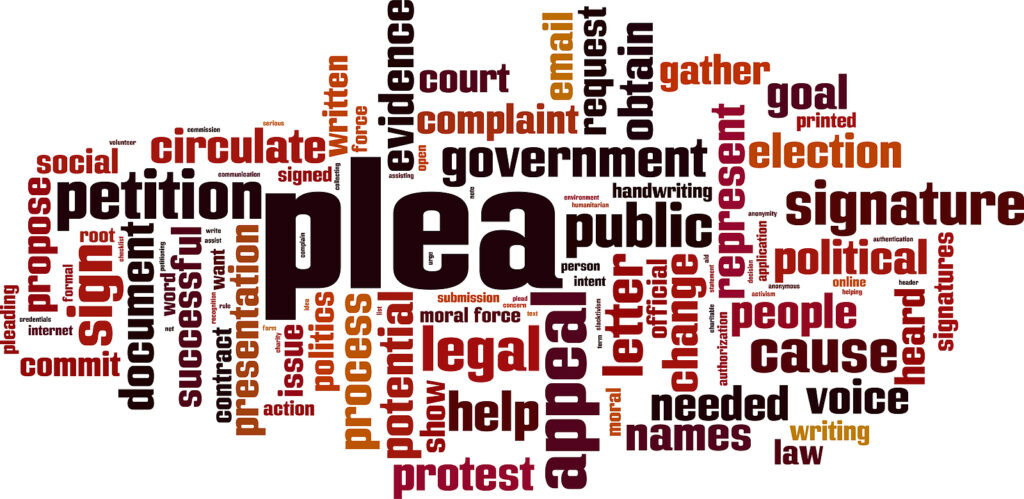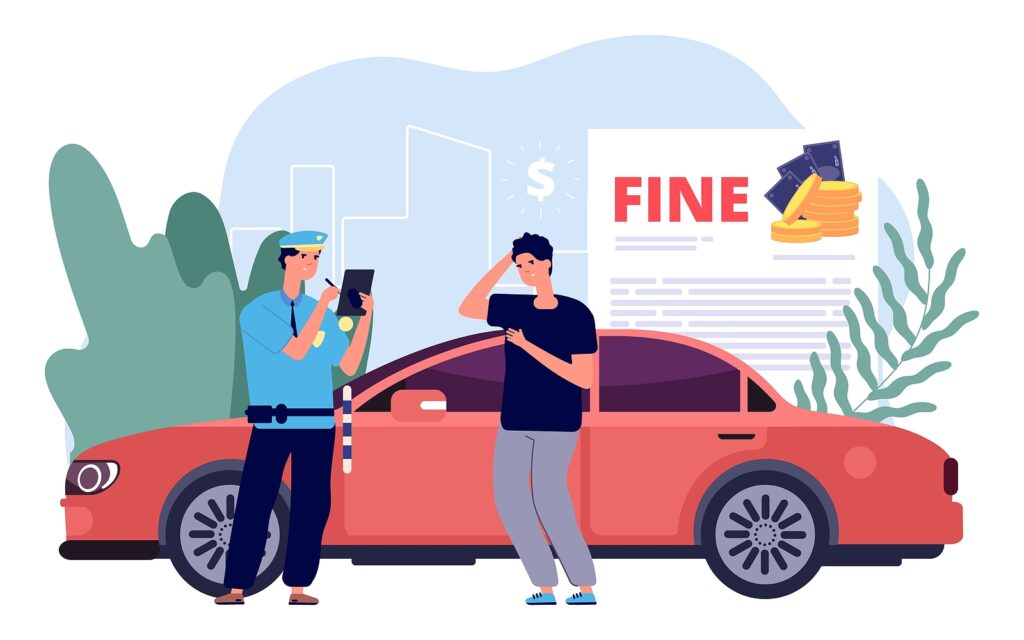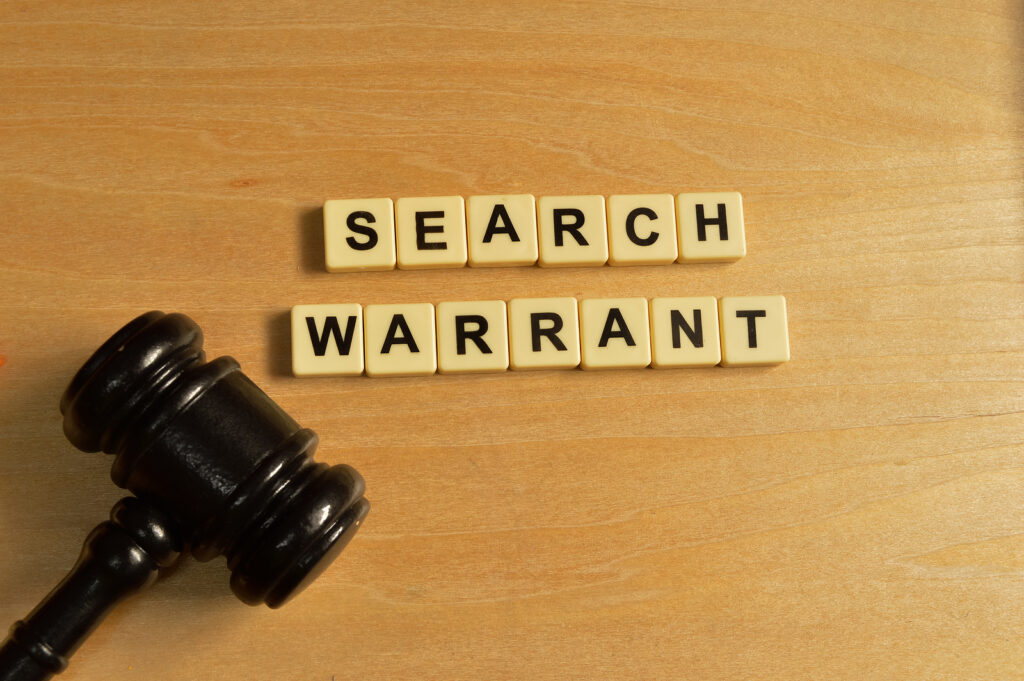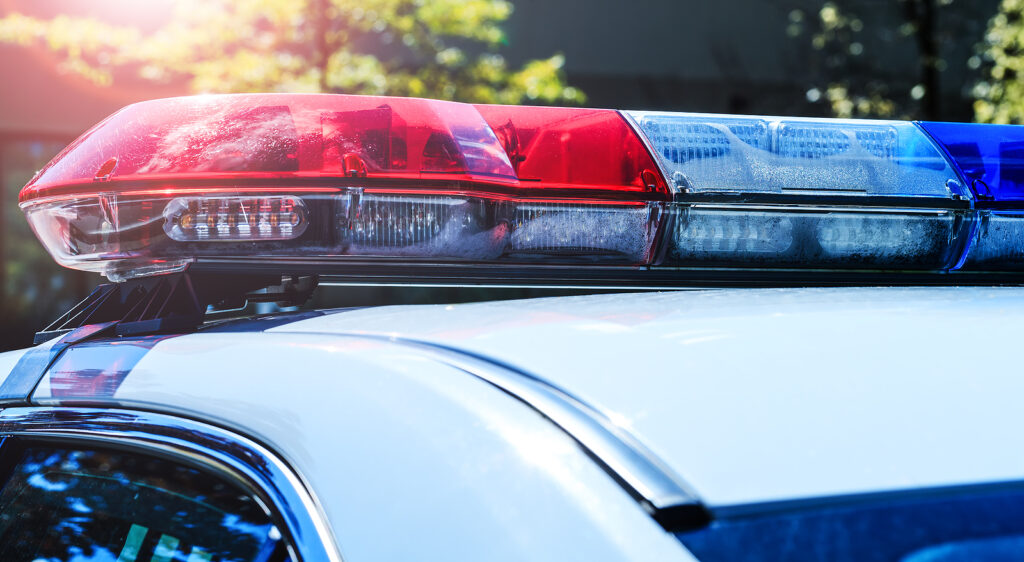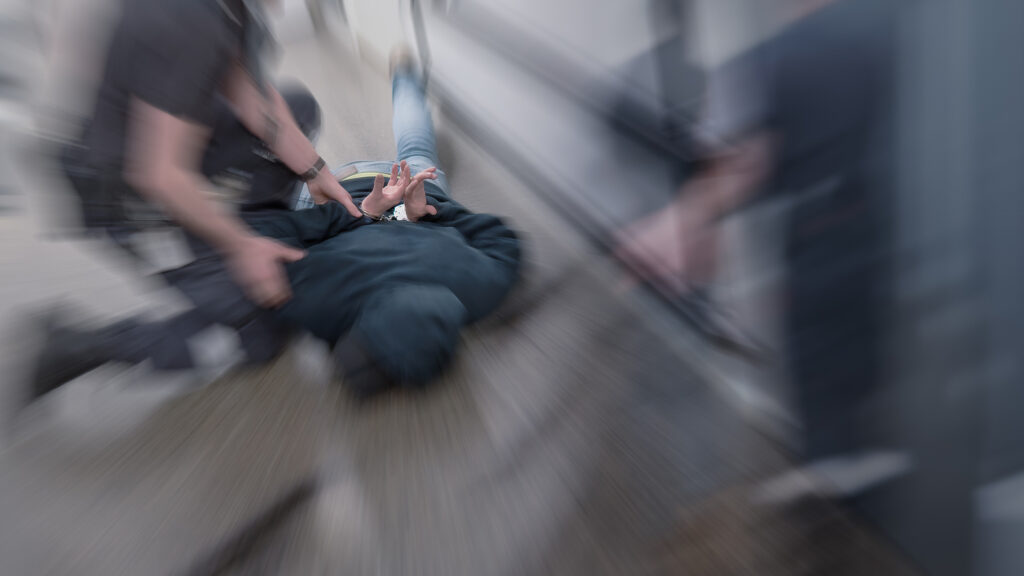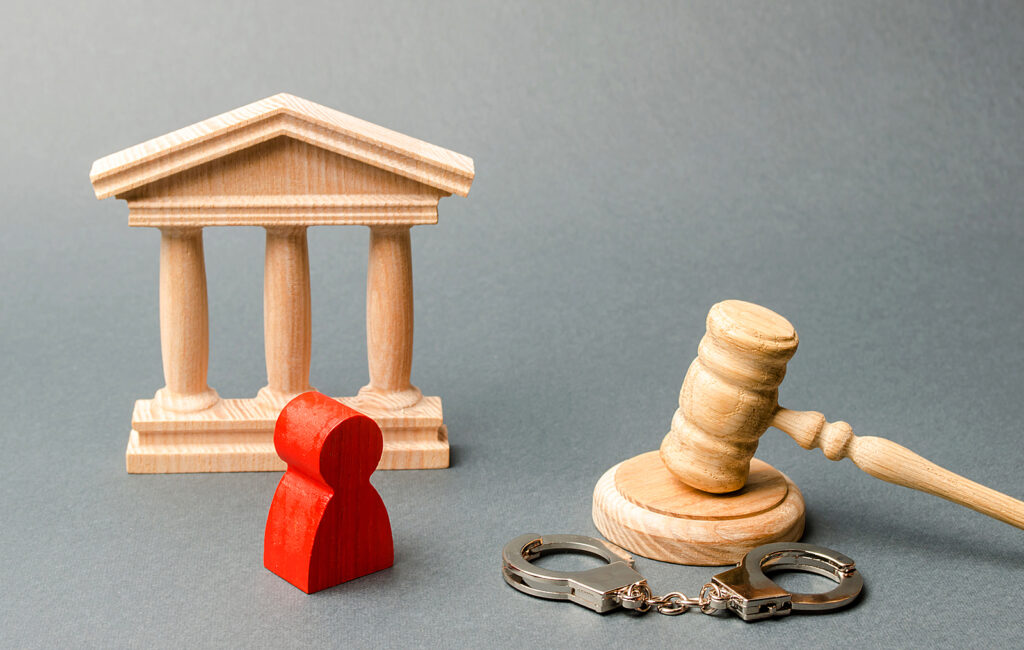Many criminal defendants wrongly assume that when they are presented with a plea deal, they are automatically granted the deal. However, it is possible for a judge to reject a plea deal after a defendant has agreed to one. Not only can this be fusing, but it can be highly frustrating when it comes time to stand trial for sentencing.
Continue reading to learn why plea deals are commonly rejected by judges, and what you can do to appeal the plea deal denial.

What is a Plea Deal?
A plea deal, or bargain, is just that: an agreement between the prosecuting attorneys and the defendant’s defense attorney in which each party sacrifices something to gain something when it comes time for sentencing. Essentially, it is a compromise regarding a defendant’s charges and penalties for their crimes. In most cases, this means a defendant accepts to plead guilty to their charges in return for a lower conviction and/or more forgiving sentence.
What You Need to Know About Accepting a Plea Bargain
But here is what most criminal defendants do not know: it is not up to the prosecution and defense to use a plea bargain. Instead, plea bargains must first be approved by the courts. A judge has to determine whether or not a defendant was strong-armed in any way; and once they confirm no pressure was made, they will approve a plea bargain. However, the process and regulations for plea bargains differ from state to state.
Why Pleas Get Denied By Courts
In most cases, criminal defendants will be granted their plea deal by the court. However, it is possible for the courts to deny a plea deal presented by the prosecution, especially in the case of habitual offenders. After all, if you are being charged with your tenth DUI, it is unlikely that the court will accept a plea deal in your favor. At this point, they will be ready to punish you and use you as an example to the community.
In less egregious scenarios, plea deals can still be rejected by the judge. This may happen if the judge strongly believes that A) it is in the best interest of the community or general public, or B) the plea agreement does not sufficiently address the nature of the offense or the rights of the victims involved, if any.
How to Get Help with Your Criminal Charges In Indiana
It is important to talk to a trusted and licensed Indianapolis criminal defense attorney about Indiana plea bargains and appeal procedures. A seasoned criminal lawyer will be able to navigate all elements of your case and build you in impactful defense in favor of a lighter or even served sentence.
Are you looking for a skilled criminal defense lawyer who can get you the best outcome to your Indiana criminal charges? Contact the Law Office of David E. Lewis at 317-636-7514 to schedule a meeting with our experienced Indianapolis criminal defense law firm. We can hold meetings over the phone or in person at our Indy-based office.
Related Posts:
Should I Plead Guilty to My DUI Charge?
Should I Plead No Contest if My Criminal Charge is Minor?
The Pros and Cons of Taking a Plea Deal

